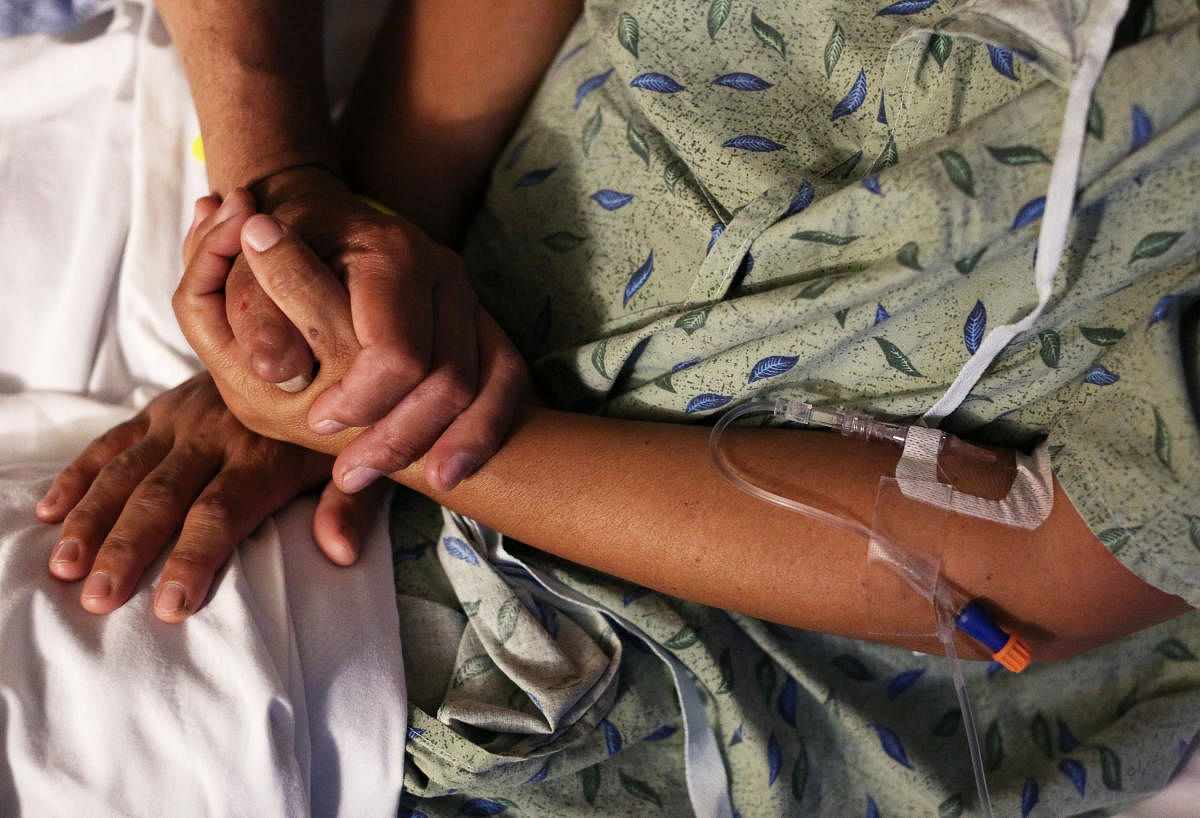A cancer diagnosis would once push patients into a state of deep despair and anxiety. Patients used to approach the diagnosis with a fatalistic attitude and were apprehensive of the treatment. The surgical treatment was considered to be mutilating and radiation used to lead to complications and a quality of life that is worse than the disease. However, with advancements in medical treatments and more awareness about cancer, things have begun to change.
Revolutionary methods
Today, surgery is designed to preserve the organ and its functions. Radiation therapy has become more precise and sophisticated with automation and artificial intelligence technologies available at most major treatment centres. There is also an increasing movement towards targeted therapy options which leads to a dramatic reduction in unwanted side effects. With a growing scientific interest in the molecular characterization of cancer and a better understanding of its behaviour patterns, we are entering the era of personalized cancer treatment. Here, the treatment path is charted out based on the molecular characteristics of each patient’s cancer cells. Targeted treatment involves a deep probe into the patient’s genetic profile and nullifies the need to follow a trial and error method followed in traditional treatment. Such an approach significantly reduces the cost to the patient while also easing the burden on the amount of resources required to treat cancer. At the forefront, these methods may seem to be expensive but they are cost-effective in the long run. As cancer treatment becomes more precise, there has been a corresponding change in the perception of the society towards cancer. Society is today more health-conscious and is seeking medical advice for health concerns at an earlier stage when it is easier to treat.
It is time for society as a whole to perceive and treat cancer as any other chronic disease. The principle that is followed today when it comes to cancer treatment is - from “couch to work”. We encourage all patients to carry on with their regular activities as much as possible while undergoing treatment. Doctors today advise and support patients to strengthen the mind from inside rather than depend on external sources for comfort. We encourage patients to not focus only on the treatment but also continue with their normal life while also preparing themselves well in advance for a possibly long treatment period.
A survivorship Clinic was created with the objective to help cancer survivors manage their physical and emotional health post-treatment. Not only does this help the patient recuperate with the after-effects of cancer treatment but this also helps improve the outcomes of the treatment in terms of recurrence and survival. As part of the rehabilitation, it is ideal to begin probing into a patient’s lifestyle.
Apprehension and fear in a patient can impact the outcome of the treatment. It is essential to drive efforts into making patients emotionally strong so that they are able to take on the disease and its treatment. This must be a part of the curative strategy to improve the quality of life and treatment outcomes.
In today’s time, hospitals are consciously designed to mitigate apprehension in patients. The patient’s comfort, supported by state of the art treatment, takes precedence. The entry to the hospital itself is kept soothing. Positive psychological feedback improves the treatment, making it more effective and long-lasting.
(The writer is Senior Consultant & Head – Radiation Oncology, Aster CMI Hospital, Bengaluru)
